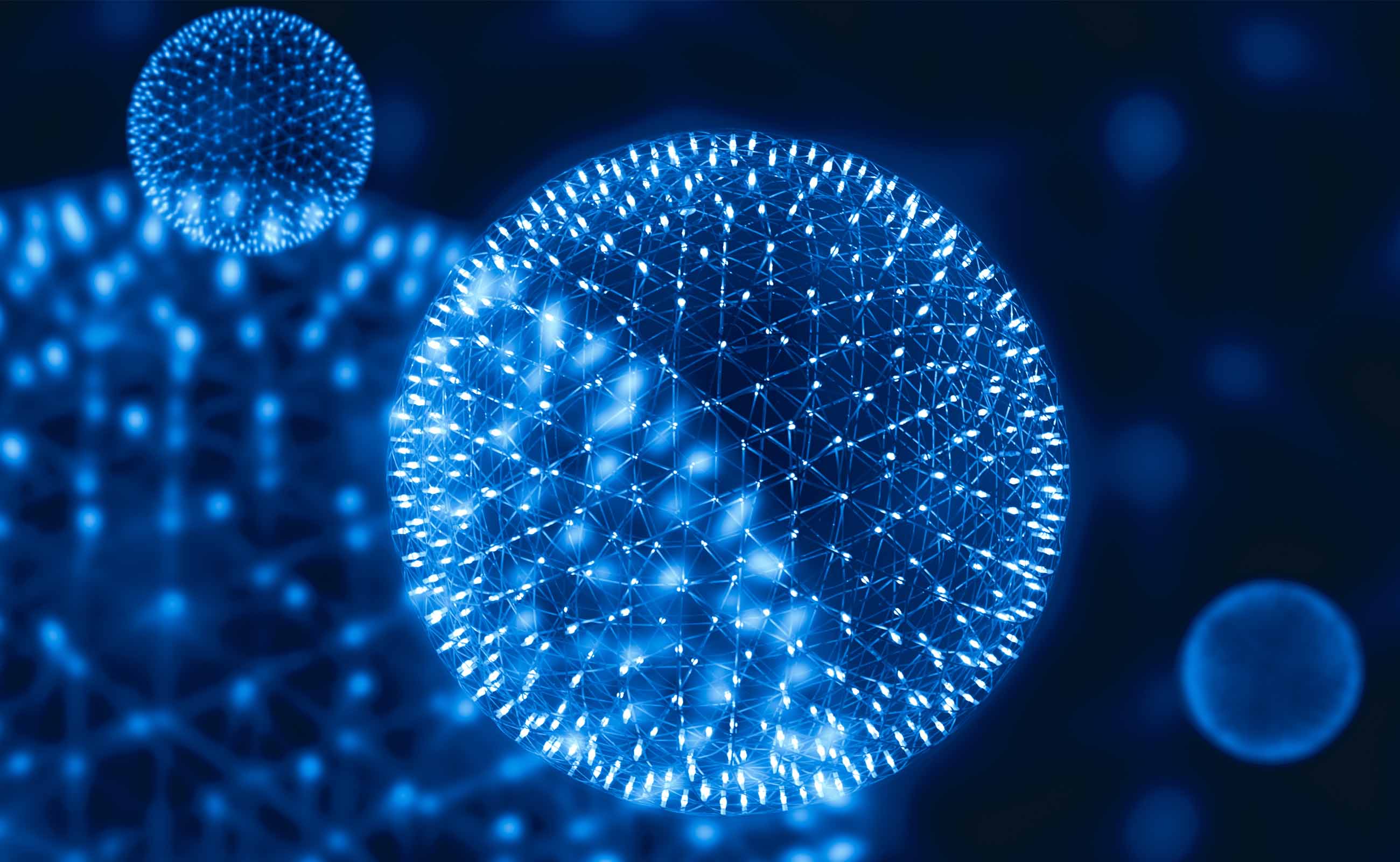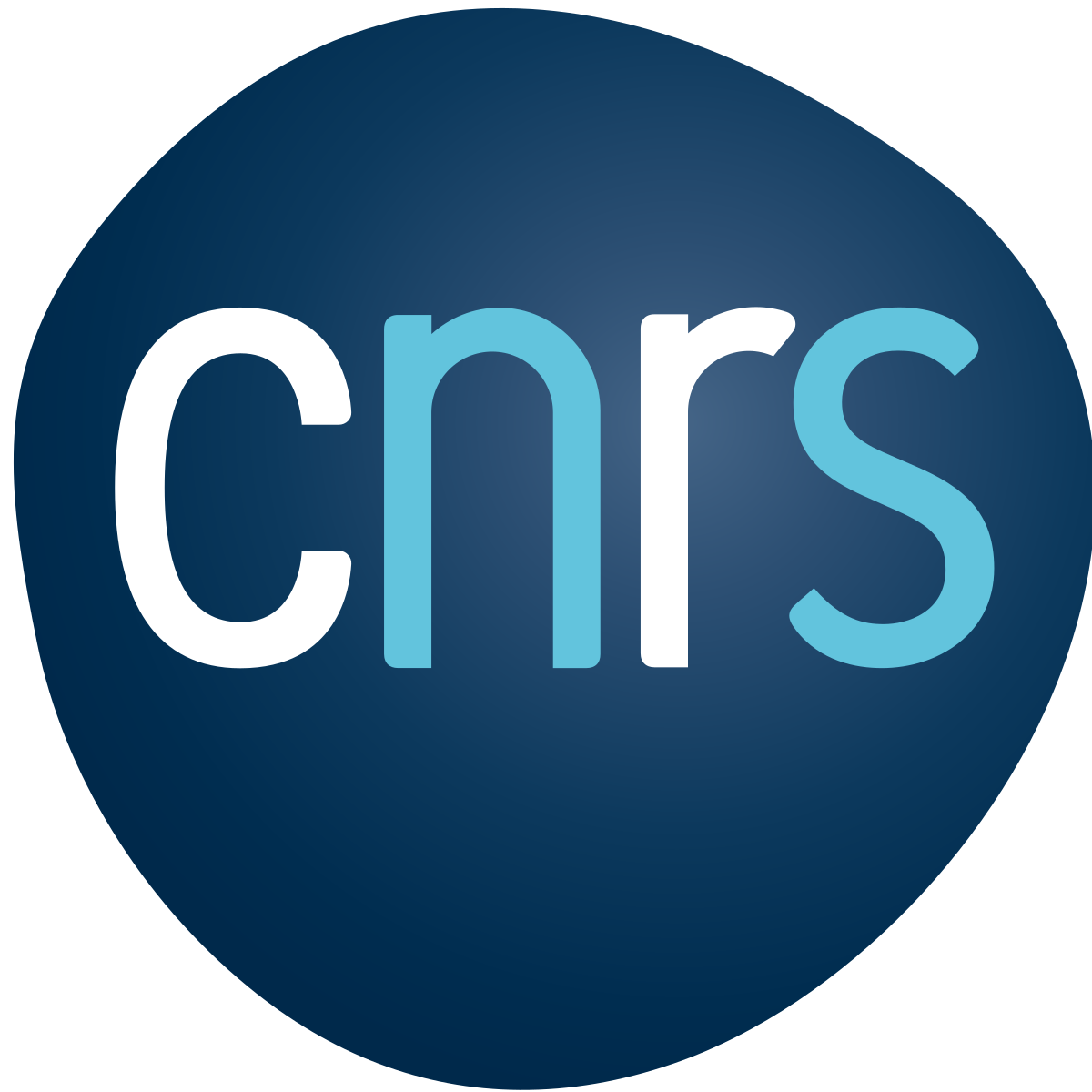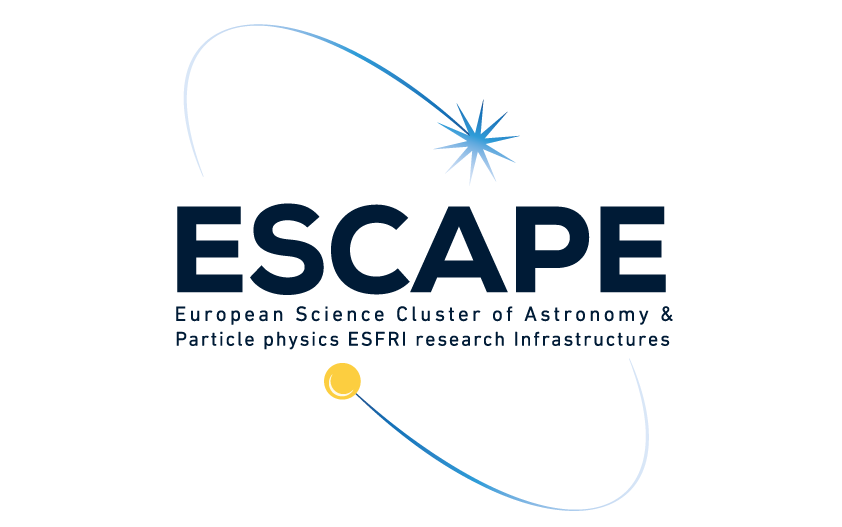

As the European Open Science Cloud completes its "design" phase this year, researchers from member countries have until the end of 2020 to detail their needs and practices. Volker Beckmann, EOSC project manager at the CNRS, invited the organization's scientists to an EOSC symposium on January 22 in Paris to discuss the issue. Among them Mark Allen and Françoise Genova, both ESCAPE members.
What is the participation of the CNRS and its institutes in the EOSC today? What can the EOSC offer to our scientific communities? What are the opportunities and risks of CNRS involvement in the EOSC? What are the next steps at CNRS, national and European level? All of these questions were attempted to be answered by the participants during the event. Like free access to publications, data sharing is part of the law for a French Digital Republic and of the National Plan for Open Science, and a clear objective of the CNRS roadmap for open science.
" The first step is to raise awareness about data and data sharing, said Françoise Genova during the roundtable. We have to train communities about these changes". Each research community has a particular use for the data. Some are more accustomed to massive data sharing, such as in astronomy.
"Clusters have an extremely important role to play in federating adapted services and data produced by communities, added Françoise, they play a fundamental role in defining the standards necessary for the interoperability of discipline data. Finally, they are doing a lot of work on data fairness". A view shared by Mark Allen who underlined the involvement of ESCAPE in the standardization of data in astronomy and astroparticles physics.
But how can the culture of data be extended to communities that do not yet have it? "ESCAPE released a Position Statement document on EOSC and Research Data Alliance published a value proposition for EOSC, Françoise further explains during her presentation, one can bring recommendations and discussions to all the basic bricks of EOSC".
The meeting was very useful to enable participants from CNRS and beyond to discuss their EOSC-related projects and requirements.
More info about this event: https://indico.in2p3.fr/event/20051/
Views
17,308

